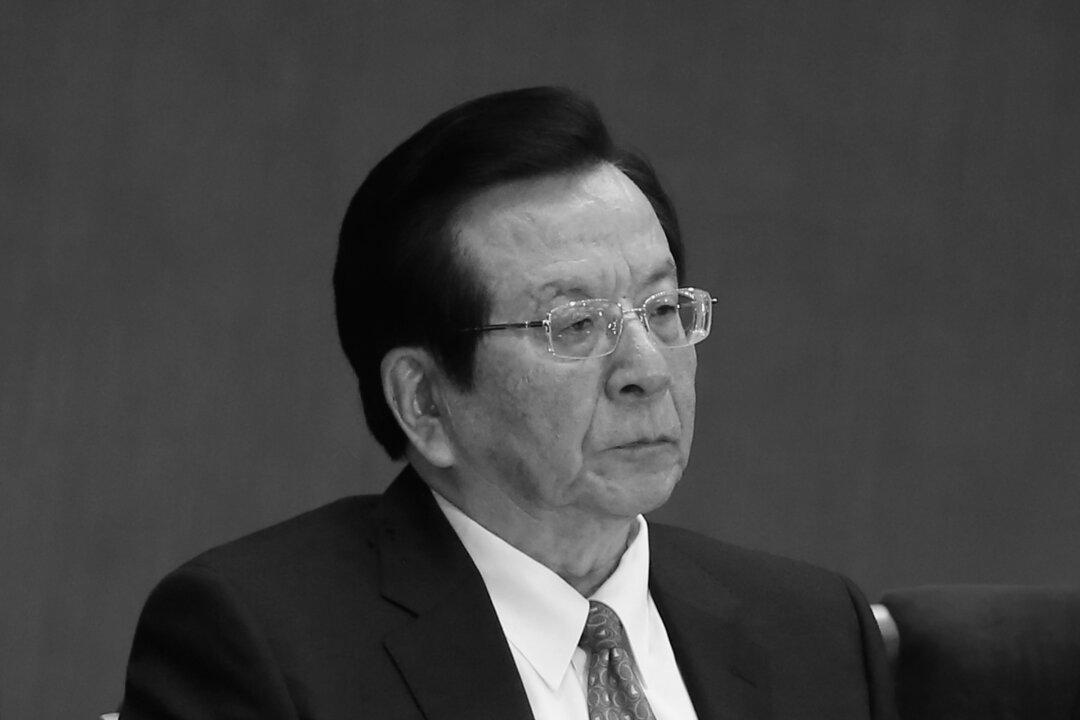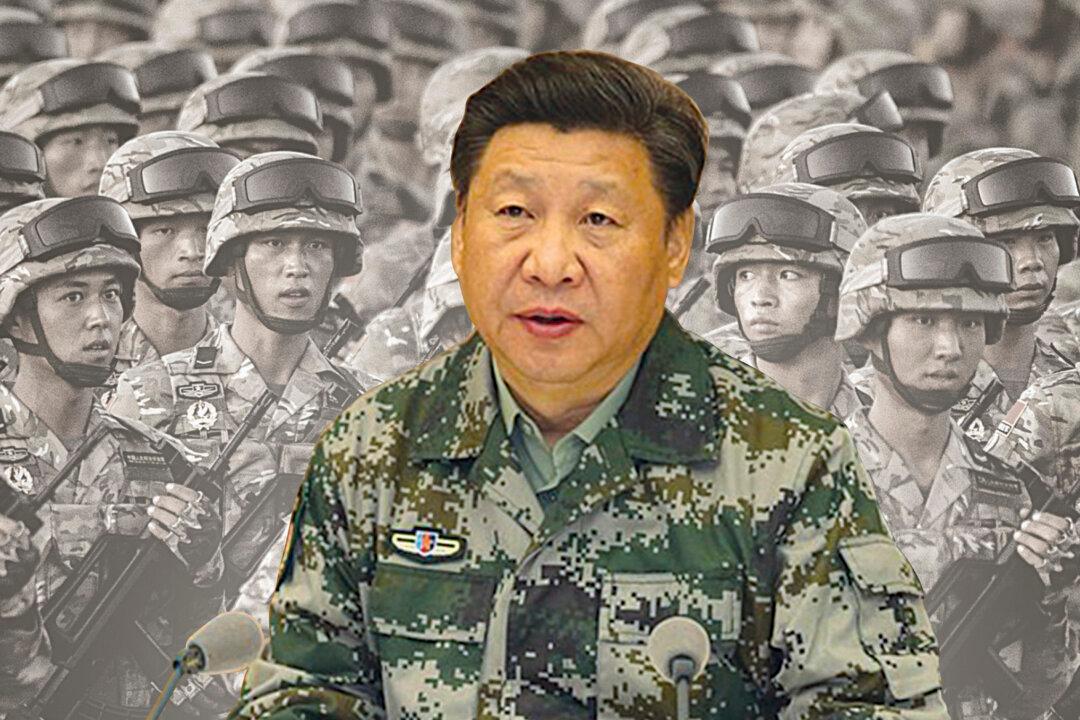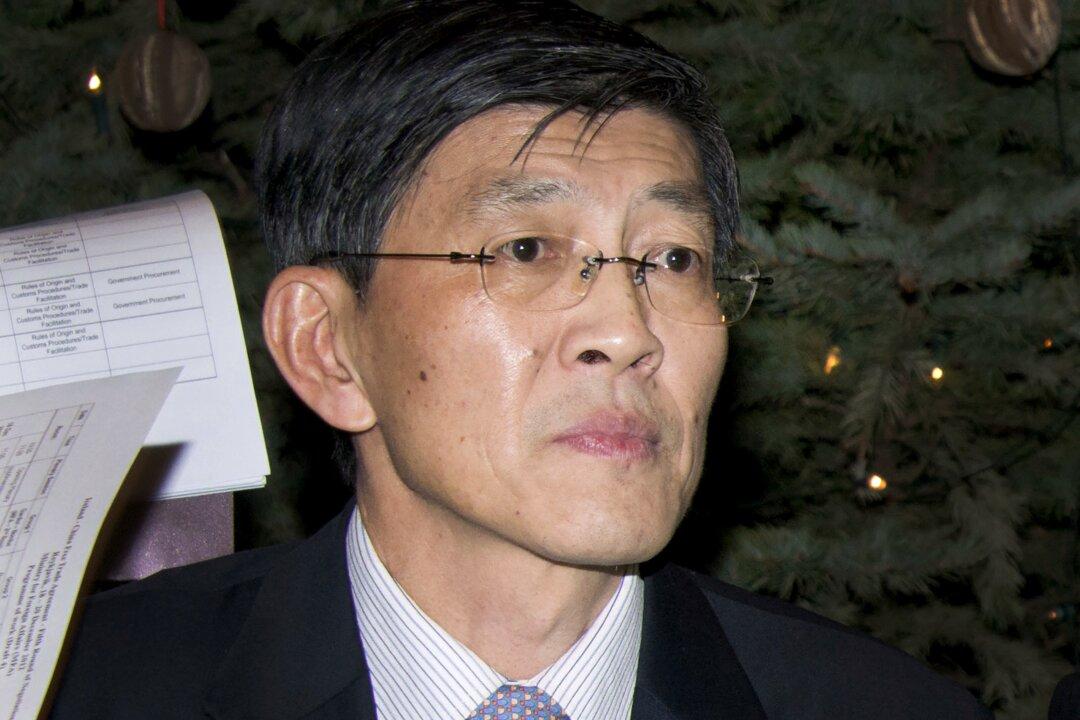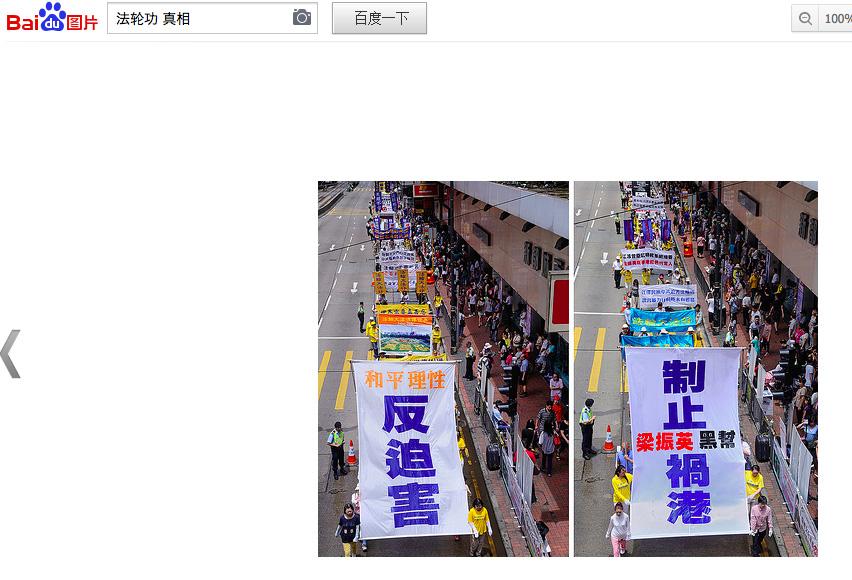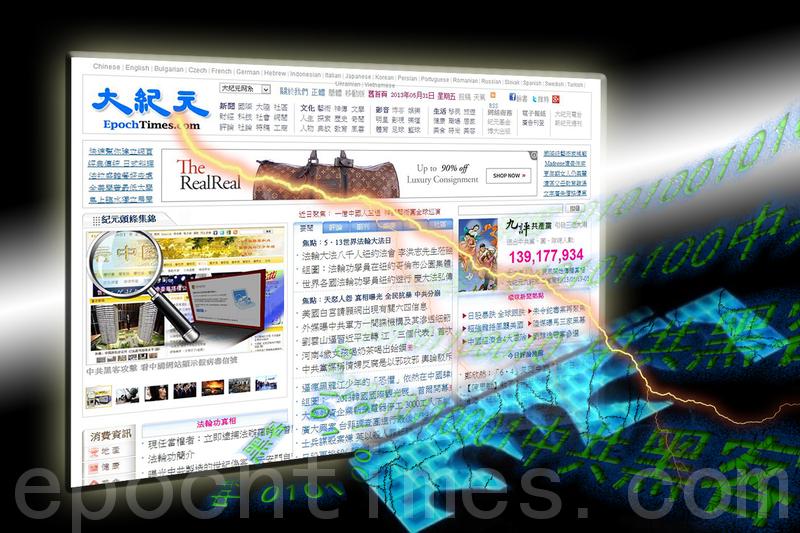Hong Kong’s Chengming Magazine reported in its September edition that the Chinese regime’s former vice chair, Zeng Qinghong, was found to have fraudulently declared his assets four times. The magazine also reported that the Zeng family assets reach over 20 billion yuan ($3.2 billion) in domestic and overseas properties, according to incomplete statistics from the Chinese regime’s relevant state department.
Zeng’s family properties are widely spread in Hong Kong, Macau, Australia, New Zealand, and England, among other places
Some of Zeng’s business buildings in Beijing, Shanghai, and Hangzhou cities are worth a market value of around US$1.2 billion; residency villas and apartments are worth US$840 million to US$1 billion; bonds and securities are worth US$1 to US$1.2 billion; and Zeng’s accounts in financial institutions have a balance of US$210 to US$242 million. His properties in Australia are worth US$2.5 to US$3.2 million; in addition Zeng owns other foreign bonds, securities, and savings of unknown value.
Many overseas Chinese language media have reproduced the Chengming Magazine report, but Chinese authorities have not responded to it.
